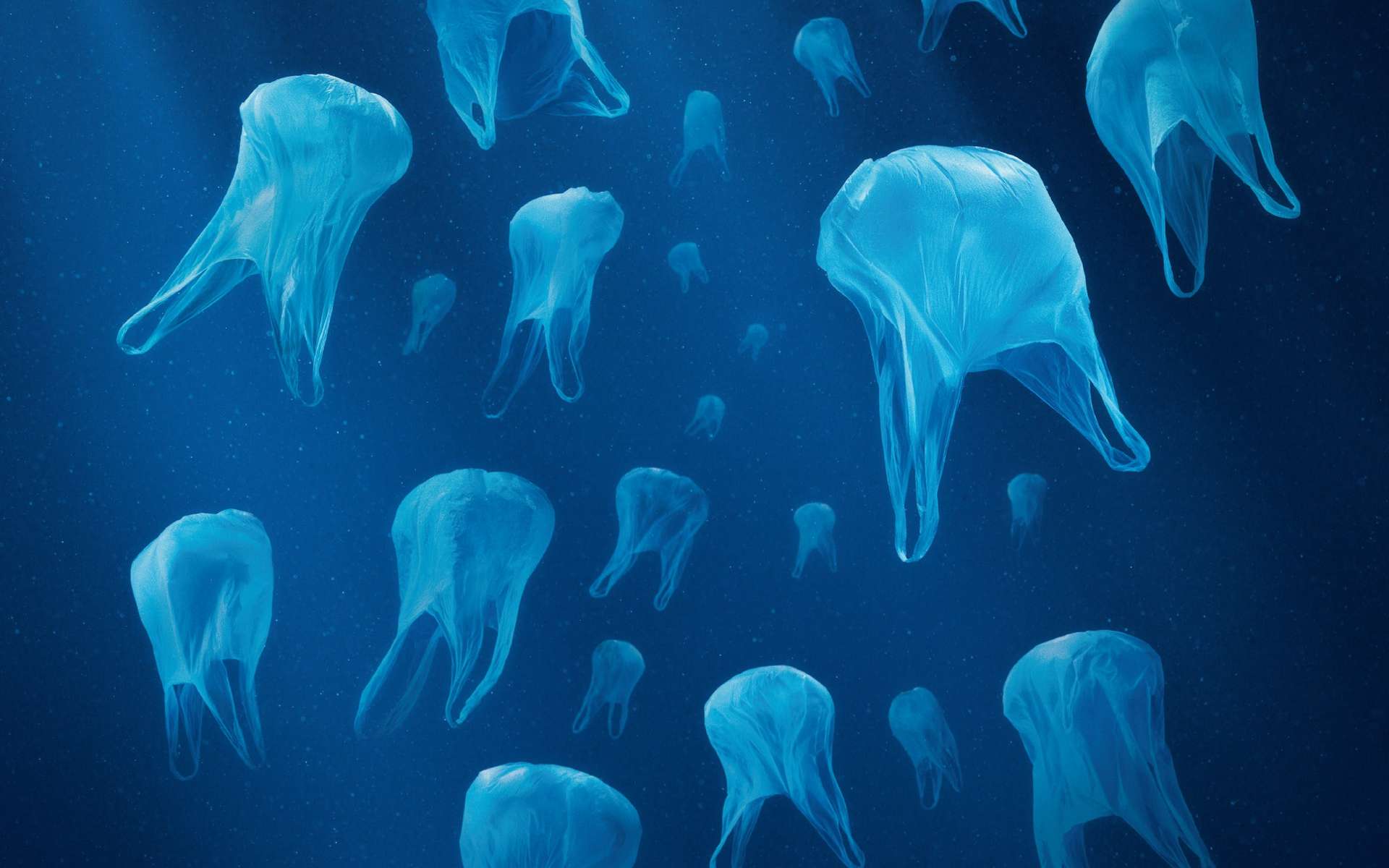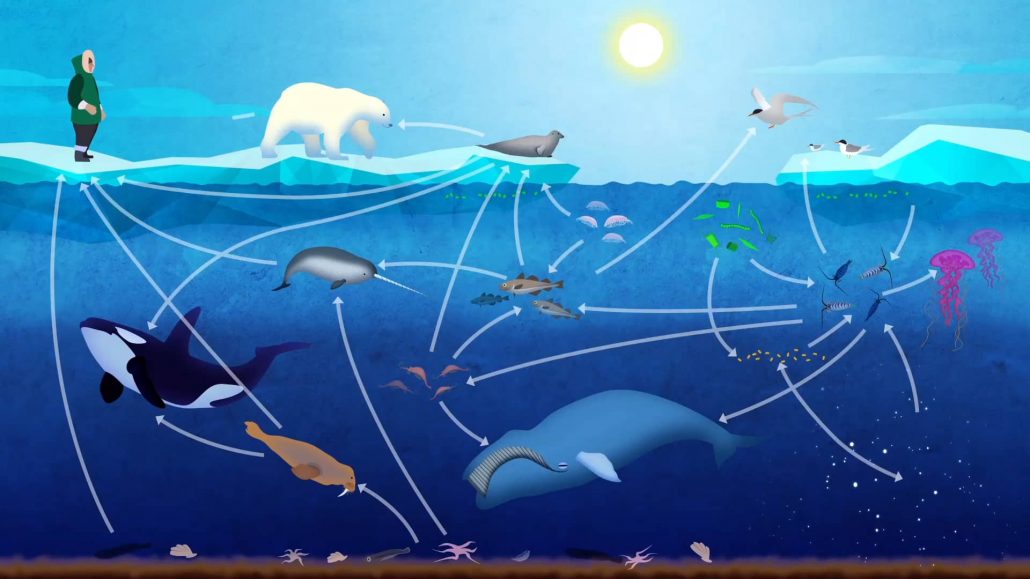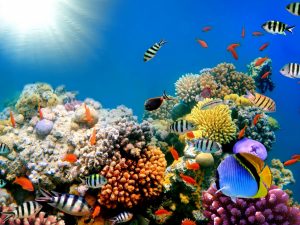Ocean protection. The underwater world needs your help to survive!

It´s essential to respect the ocean and its inhabitants when diving. Here are 7 things you should avoid to do in order to have no impact when you dive.
As divers, we are guests of the ocean and we should always be environmentally friendly. It is really important to avoid hurting or stressing the aquatic creatures and to dive without impacting on the underwater ecosystem. Our presence in the water has to be peaceful and cannot threaten the local environment. We are ambassadors of the sea and we are lucky to be able to enter this amazing world, so we should do our best to protect it, and this starts with our own behaviour when we dive. Here is how and why you should dive (and live) in a respectful way:
- Don’t touch animals and plants
This would be the first rule to respect. Touching the wildlife can lead to serious consequences for the animals and for yourself. First of all, you can harm flora and fauna and change behaviour of the animals. It´s also very probable that the animal or plant that you are approaching and you cannot identify, turns out to be venomous, it can cut or bite you, especially if it looks beautiful! Marina inhabitants will not attack you if they do not feel threatened, so try to keep a safe distance.
- Don’t stress the underwater species
Even if you want to approach animals in order to observe or take a good picture, don’t harass them by pursuing them or forcing them to leave their hiding place. Think that you can disturb fish that are actually nesting or feeding, which can have serious consequences.
- Don’t feed animals
Feeding wildlife changes their behaviour, communication and migration routes, this can alter the food chain and the relations between species. It can result in a huge imbalance in the local ecosystem. The animals are then «conditioned » and can become dependant on human feeding and stop hunting their normal preys, which leads to imbalance in populations. Feeding also encourages animals to approach humans and boats without fear and make them lose their sense of defense and become vulnerable. In consequence they can get injured or entangled by boats or fishing nets. When looking for food, they can bite you by mistake as they think they will receive something or because they take fingers for food. Also, young animals might not learn basic survival skills for hunting and defending themselves as they would be conditioned straight away to live dependent on human feeding.

- Don’t collect anything except debris
Some people collect shells or starfish and destroy the natural balance of the place they explore. It is illegal in many places, the same like feeding and harassing animals. Collecting a shell can also harm. First of all, it can be alive, though you don´t notice it. Moreover, some animals, like octopus or hermit crab, use shells for protection or shelter. However, if you find debris, it is a good habit to remove them from the water.
- Don’t pollute or throw garbage
Unfortunately, many ecosystems, including coral reefs, are very fragile and a lot of them have been destroyed in the past years due to global warming and high amount of pollution on the planet. One of the biggest problems is related to the tons of plastic that are thrown to the ocean every year. You have certainly noticed debris when diving, even in remote places. These are lethal for the animals who might get entangled or eat the plastic taking it for food. It is our duty to be responsible and, at our level, to start reducing our impact by throwing garbage in bins, sorting waste for recycling, using green technologies, etc.
- Swim in a good position and control your buoyancy to avoid deterioration of the environment
Have your equipment in place, nothing should be dangling.  Swim in a horizontal position so you don’t kick the bottom with your fins and try to stay at a certain distance from the sand, corals or rocks. You should not dive in coral reefs if you don’t control your buoyancy perfectly because corals are very fragile and it takes them many years to grow a few centimeters. It means that it is easy and quick to destroy a whole reef if a lot of divers touch it.
Swim in a horizontal position so you don’t kick the bottom with your fins and try to stay at a certain distance from the sand, corals or rocks. You should not dive in coral reefs if you don’t control your buoyancy perfectly because corals are very fragile and it takes them many years to grow a few centimeters. It means that it is easy and quick to destroy a whole reef if a lot of divers touch it.
- Dive with clubs and centers that respect the marine life
In boat diving, for example, watch where the staff anchors, it should be far from fragile places like corals. Also, the anchor can harm animals or other divers when people are not prudent. They should also respect the recommendations listed above.
The problem is that people think that their own small actions are not impacting on anything, but think that these behaviours usually last on the long term and are performed by many other divers, fishermen etc. So imagine the awful consequences these conducts have on the biodiversity and on the evolution of the species. It is your responsibility to act respectfully and you can actually make a change if you avoid all the things listed above and talk about it to people who are not aware of the consequences. Everything starts with education and understanding. Now that you know the reasons why all these actions can damage the marine ecosystems, you should share your opinion on ocean protection with your relatives and friends in order to make them aware of the consequences of their behaviour.
In conclusion we would like to notice that the main reason why we should respect the ocean and its ecosystems is that its survival is related to the whole planet destiny. By letting it be damaged, we slowly destroy the Earth as the water is the essential resource needed by the humanity. The health of the oceans is also important to avoid huge climate changes, which could have important impact on our future. And, most of all, the reason why we dive is because we love the ocean and its creatures, so we have to respect and protect them if we want to continue to enjoy the exploration of that amazing underwater world for years and years to come.
